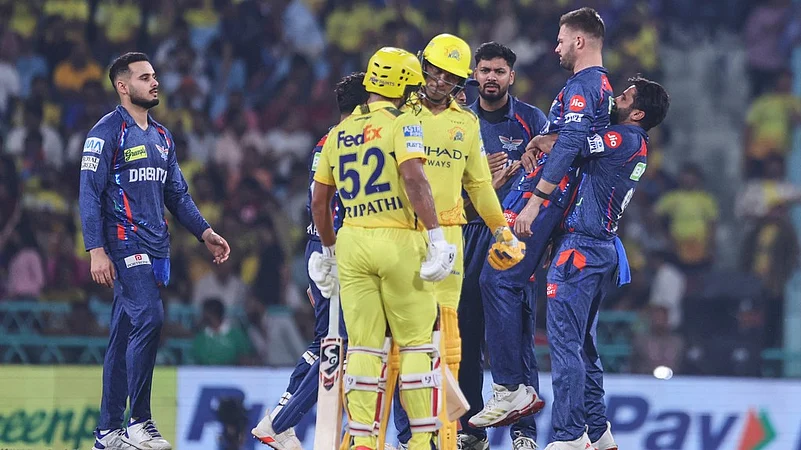Indian Premier League (IPL) fever is in the air. While the 2024-25 season is heating up, a number of cricket-cum-tech geeks are busy building artificial intelligence (AI) models to win off the field. (More Cricket News | Full IPL Coverage)
The Federation of Indian Fantasy Sports (FIFS) has launched the second edition of the 'Sports Data Gameathon', a sports AI challenge for students from premier technical institutes of the country. While the first edition had students building predictive models for fantasy teams in the ICC Champions Trophy, the forthcoming one focuses on the IPL.
What prompted the federation to come up with this contest? "The biggest idea was making tech fun. Can we make writing AI and large language models interesting, was the question. In essence, we are marrying people's huge love for cricket with their ability to write computer programs," FIFS director-general Joy Bhattacharjya told 바카라.
"We are incentivizing contestants to use technology on the sport they love. They have a chance to win prizes by being good at what they really enjoy, and also a chance to learn more about AI and get better at machine learning by creating models.
"We are marrying technology with the love for cricket. When you marry these two, the results are fantastic," he added.
The main difference between the format of the first and second editions of the Gameathon is the sheer number of matches to play with. While the Champions Trophy comprised 15 games, the IPL has 74. But not all 74 games will have the competition mode on.
"They (students) are playing from match 30 to 74. We have given the first 29 matches as an opportunity for people to test their model. They can sit and keep doing it to gauge whether the model is working or not. That way, you'll get more accurate and sophisticated models," Bhattacharjya explained.
To assist the students in this endeavour, FIFS has enlisted the help of professor Vishal Mishra, vice-dean of AI at Columbia University apart from being the co-founder of cricket website Cricinfo, in addition to Bhattacharjya. Mishra's role will be to offer the teams "soft advice" on their models. "They will show him a model and he'll say, 'In my experience, this didn't work, why don't you try that'," the FIFS director-general said.
As for the impact of the contest, Bhattacharjya feels it will go beyond cricket. "Every time we have a Gameathon like that, there will be 20 top cricket analysts on offer. Those guys will write good models, not just in cricket but in other sports as well and perhaps in other businesses too. We have basically used cricket to make a lot of people experts in AI and machine learning."
Talking about the scope of structured data in cricket, Bhattacharjya, also a reputed cricket analyst, said: "We still don't use enough data. Baseball is the most data-analysed sport. There's a reason for that. The average American Major League Baseball team plays a 150 games a year, as opposed to the 14 or 16 matches an IPL team plays - and the latter began in 2008. So they have not had enough data to work on."
But the data set is getting richer now, as per the former Kolkata Knight Riders team director. "Data is being captured more rigorously, be it in the Syed Mushtaq Ali T20 tournament, DY Patil T20 or other regional leagues. The richness of a data set helps analytics."
He also felt that the fantasy cricket points system needed to change based on the shifting paradigm of T20 cricket. "If we have the same points system where the average score was 155, to now when the average score is 190, it needs to evolve further. It's important to make this right. Ten top fantasy companies should sit together and say, 'Let's do this. Let's make this change to recognise this in bowling or batting'.
"And the correction has to be pro-bowling. In the arms race between batting and bowling at this point in time, bowling is the one that needs more incentivization," Bhattacharjya opined.
At the same time, he cautioned about making too many amendments that confuse casual fantasy players. "There's a trade-off between making it interesting, real and making it too complicated. And that's a tough call. You ask yourself, 'This guy (fantasy player) has had a hard day's work and has come on at 7pm to make his team. Do I need to make his life any more complicated?"














